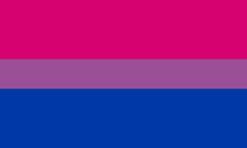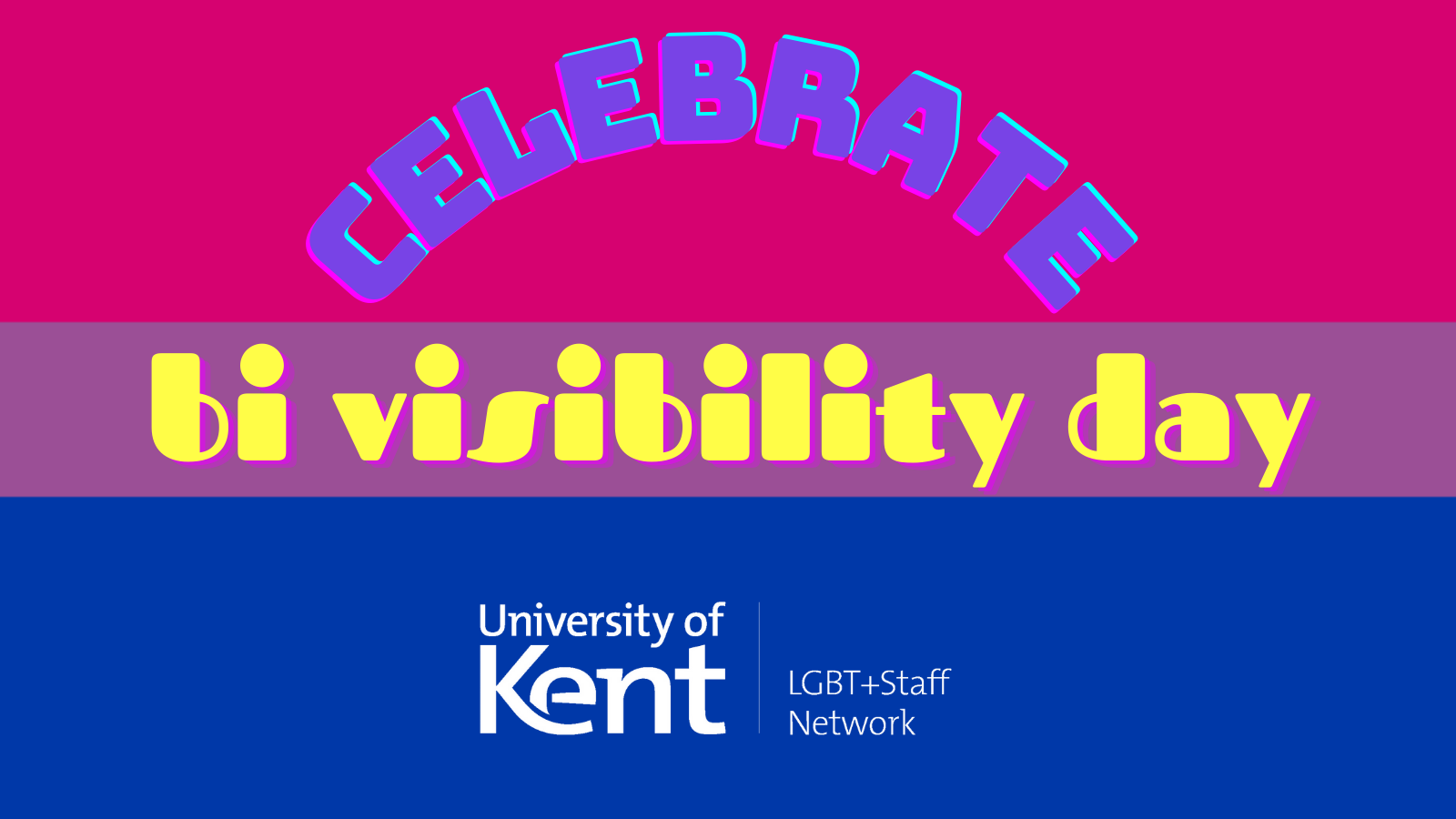Feed URL: https://blogs.kent.ac.uk/lgbtstaff/2021/09/29/bisexual-visibility-day/feed/?withoutcomments=1
Why We Need Bi sexual Visibility Day
sexual Visibility Day
More and more people in the UK and abroad are identifying as bisexual. Despite this, many bisexual people are still marginalised, facing unique challenges from the rest of the LGBTQ+ community. Bi-erasure and a lack of understanding of bisexuality in society has meant that many bisexual people are at increased risk of social alienation and mental illness.
According to a 2020 report, bisexual people’s mental health was worse over the lockdown period, and in general, than among those who identify as gay or lesbian. The study reported that, compared with lesbians and gay men, bisexual individuals were more likely to report identity uncertainty, conceal their sexual orientation, and have a weaker sense of connection to the LGBTQ+ community, which were in turn associated with poorer mental well-being. This trend appears to be even more stark among bisexual of colour, disabled bisexuals, and bisexuals from non-Western countries, as well as bisexuals from poorer socio-economic backgrounds.
Bisexual people are sexually and/or romantically attracted to both men and women (and often other genders too). Biphobia usually takes the form of delegitimising a part of their identity – if a bisexual man has a girlfriend, they’re told they’re straight, while if they have a boyfriend, they’re told they’re gay.
Bisexual Visibility Day is important to combat negative stereotypes about bisexuality for the good of the entire LGBTQ+ community.
Here are a few ways to inform yourself and others on Bisexual Visibility Day:
- If you’re a parent, educator or community leader, highlight famous and
significant bisexual people – ‘bicons’ – from history, or relevant to your field. Famous bisexual women include Virginia Woolf, Frida Kahlo and Eleanor Roosevelt, while famous bisexual men include Walt Whitman, David Bowie and Malcolm X. - Understand that bisexuality is a centuries-long pattern of human behaviour, consistently also observed in the animal community, not a set of hard-and-fast rules. It is not necessary to ask somebody to define their ‘percentages’ or justify their identity as a bisexual.
- Make sure to correct people where possible if they mislabel your bisexual friend or colleague as ‘gay’ or ‘straight’ – they are neither of these things, and addressing them as such can be very hurtful.
Appreciate your bi friends, family and colleagues today – bisexuals, be loud!
